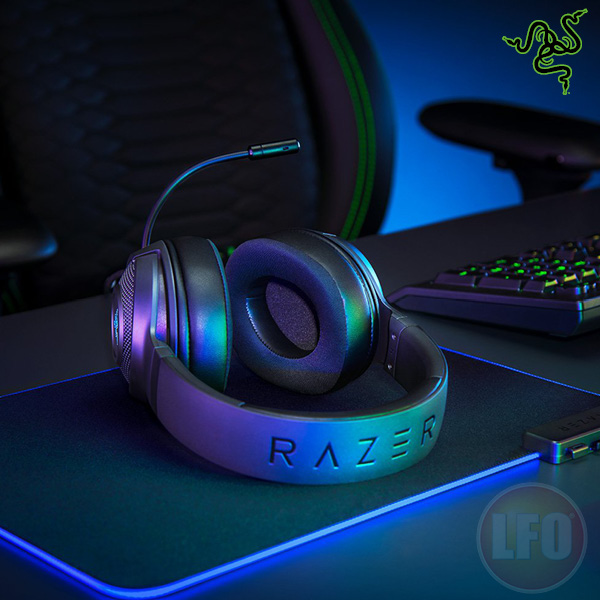Cost-effectiveness of Managed IT Services: A Detailed Analysis
Cost-effectiveness of Managed IT Services: A Detailed Analysis In the increasingly digital world of business, IT systems and infrastructure form the backbone of any enterprise. Yet, managing these crucial elements can be complex, costly, and time-consuming for businesses. That’s where Managed IT Services come into play – offering a solution



